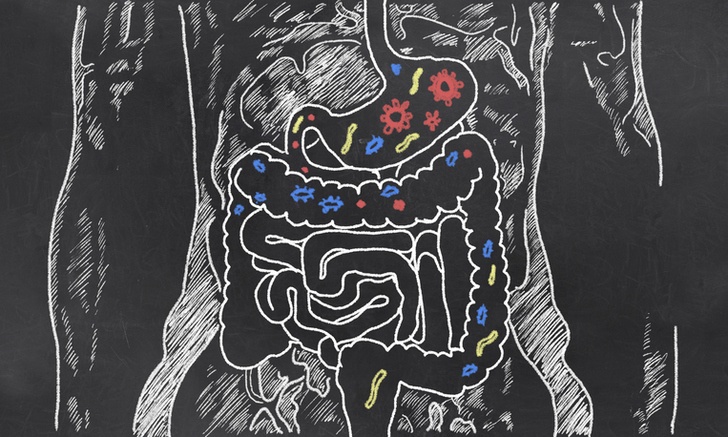Gut Flora and Its Connection to Our Health

iStock | TLFurrer
It seems that recently I am surrounded by new research connecting our microbiome (or gut flora) to our health. There is a delicate balance between maintaining the health of our trillions of gut microbes and our own well-being. New research is showing that our microbiome plays a role in immune function & development, brain activity, heart health, diabetes, inflammation and even obesity. In today’s antimicrobial/ antibiotic world, we can be unknowingly killing off these friendly microbes and consequently affect our digestion and health. Microbiome research is still in the early stages of discovery, but I know I want to do all I can to protect and promote the health of my microbiome. Here are some tips for taking care of yours:
- Avoid conventionally raised meat, poultry, and eggs. The antibiotics used in these foods can be passed along to you.
- Avoid farmed fish. The antibiotics can be passed along as with conventionally raised meats. It is best to look for wild, sustainably caught fish.
- Avoid these ideal foods for our “bad” gut flora. Keeping these foods low should help to maintain the proper balance of “good” versus “bad” bacteria.
Processed sugar
High-fructose corn syrup
Artificial sweeteners
Refined flour and starches
Additives and preservatives
- Choose microbiome-friendly foods. Your microbiome superfoods are rich in inulin, arabinogalactans, or oligosaccharides — the fiber that your bacteria craves. Some examples are:
Onions
Garlic
Asparagus
Carrots
Jerusalem artichoke
Leeks
Radishes
Tomatoes
Fermented foods: yogurt, kefir (a type of fermented milk), sauerkraut, kimchi, and fermented vegetables
*Our favorite probiotic supplement brand is called Prescript-Assist. We recommend this one in particular because it is packed with native strains of microorganisms and has proven to be effective for restoration of gastrointestinal microflora. You can purchase this at Grassroots or online.
Written by Katy Scott, DPT, NTP






















